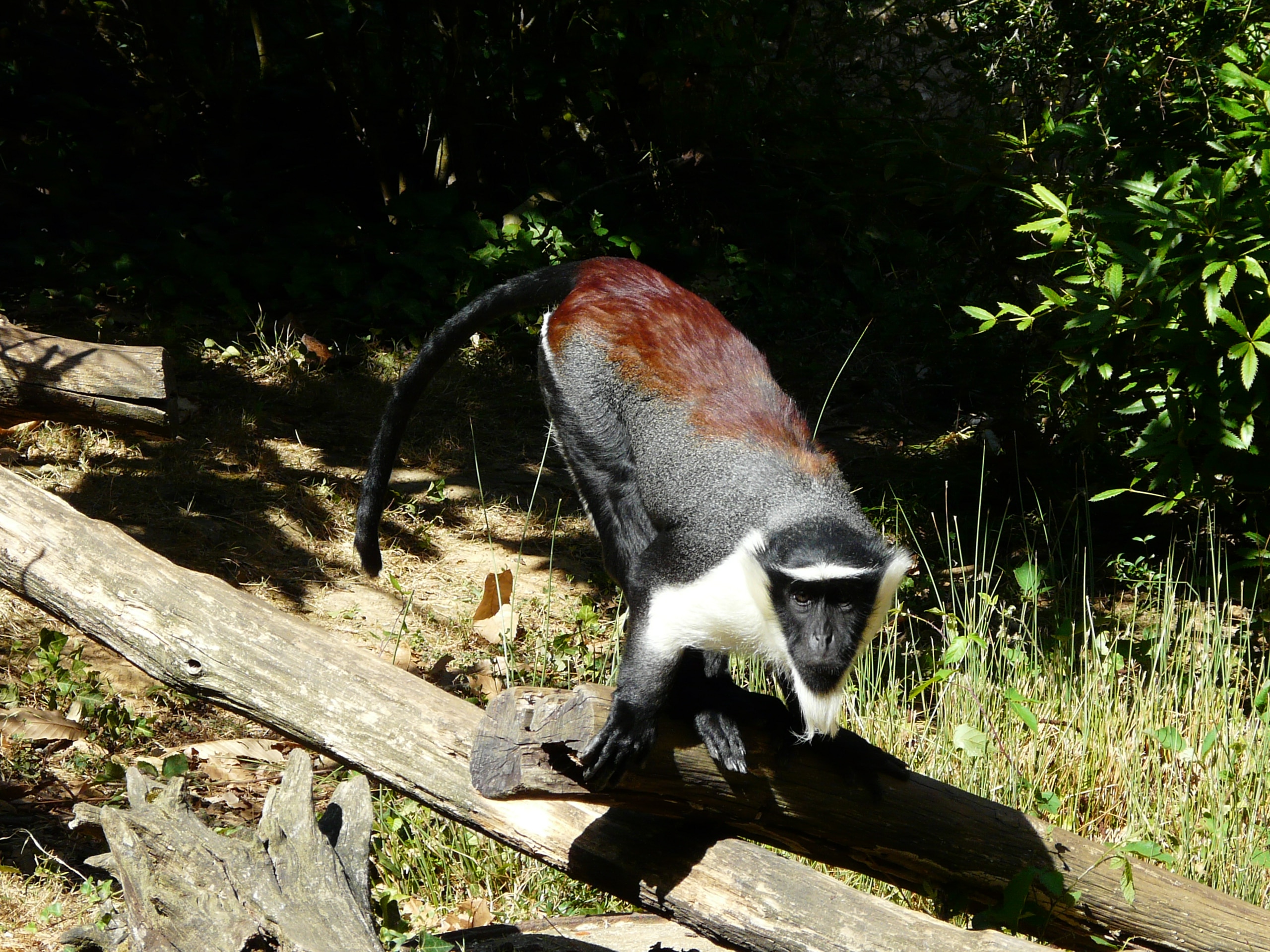- Creation-Management of Community based Protected Areas
- Bénéficiaire ACB-CI - Action pour la Conservation de la Biodiversité en Côte d'Ivoire
- Montant du projet 180 092 €
- Subventions FFEM 70 000 €
-
État du projet achevé
This project is focused on two community-owned rainforests, the Kwabre Forest (2 500 ha) in western Ghana and the Tanoé Community Forest (12 000 ha) in eastern Côte d’Ivoire. These two rainforests lay directly opposite each other on either side of the Tanoé River which forms the border between Ghana and Côte d’Ivoire. Both rainforests are located within the Upper Guinean rainforest which is listed as one of IUCN’s 25 Key Biodiversity Areas. It is an area of high endemism with 1 800 endemic plants, 31 endemic threatened birds, 35 endemic threatened mammals and 49 endemic threatened amphibians.
Western Ghana and eastern Côte d’Ivoire are considered as secondary area of endemism with a distinct community of primates and other mammals that only occur in this region, most notably, the Critically Endangered Roloway Monkey (Cercopithecus Roloway), one of the World’s 25 Most Endangered Primates (Mittermeier et al., 2014), the Critically Endangered White-naped Mangabey (Cercocebus lunulatus) and possibly Miss Waldron’s Red Colobus (Procolobus badius waldroni) which was declared extinct in 2000 (Mittermeier et al., 2009). This high incidence of endangered primate sightings is currently being attributed to the extremely difficult access due to the high levels of water in the rainforest during most of the year. In both countries, administration in charge of natural resources management are developing mechanisms and tools to empower local communities in governance and management of certain natural resources.
Community Resource Management Areas (CREMAs) are now being developed as the primary institutional mechanism utilized by the government for implementing collaborative sustainable natural resource management outside protected areas in Ghana. Such initiative is also developed in Côte d’Ivoire side thanks to the law 2002 related to creation, financing and management of natural resources in Côte d’Ivoire. Despite this law established since 2002, this project site is the first one in Cote d’Ivoire where such initiative is running. Land use conversion from subsistence farming and utilization of rainforest products to primarily cocoa, palm oil and rubber production is accelerating deforestation and degradation and out-grower schemes promoted by large scale cocoa, palm oil and rubber companies are resulting in the food insecurity, the displacement of tenant farmers and increasing poverty. Excessive logging and mining as well as human population encroachment has left fragmented remnants of rainforest. Extensive bush meat hunting creates an additional stressor to the vulnerable wildlife populations with estimates of the bush meat trade running as high as US$ 400 million annually in Ghana and US$ 500 million in Côte d’Ivoire. This project will be undertaken by WAPCA in Ghana and ACB-CI (with the Centre Suisse de Recherches Scientifiques) in Cote d’Ivoire.
This project aims at demonstrating the efficiency of the community-based conservation model and will innovate by being a trans-boundary collaboration. It will also develop Green Value Chains that adapt global best practices in local context in partnership with private companies, local communities and government bodies.

